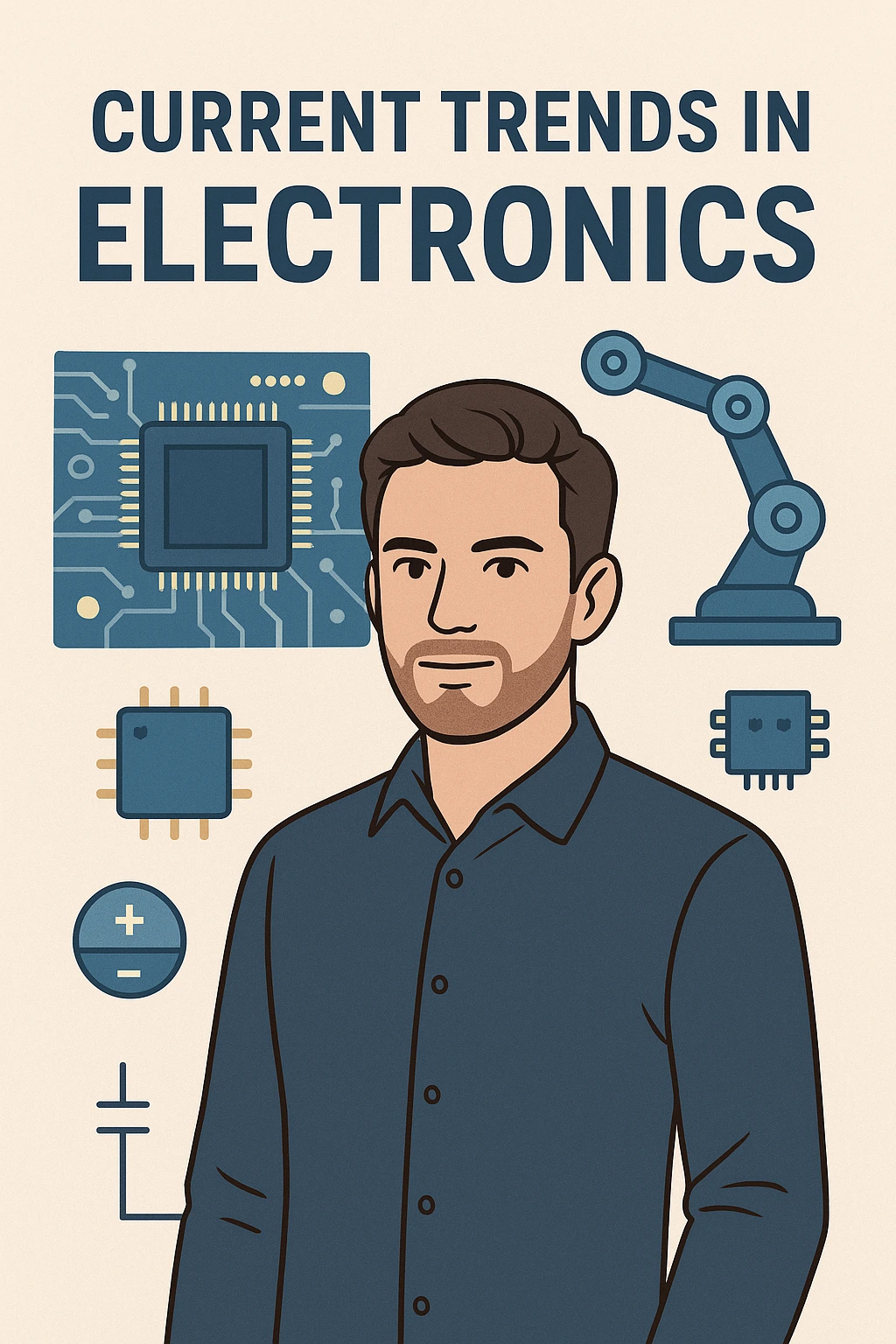Advantages of Artificial Intelligence: Transforming the Future
Discover the numerous advantages of artificial intelligence, from enhanced efficiency to improved decision-making, and how it transforms industries today.
Trending News Fox, Digital Desk Team, Kolkata
Edited by Saibal Bose
The Advantages of Artificial Intelligence: Transforming the Future
Artificial Intelligence (AI) has rapidly become one of the most transformative technologies of the 21st century. From enhancing daily conveniences to revolutionizing entire industries, AI offers a multitude of benefits that are reshaping the world as we know it. Below are some of the key advantages of artificial intelligence and how they contribute to progress across various sectors.
1. Efficiency and Automation
One of the most significant benefits of AI is its ability to automate repetitive and time-consuming tasks. In industries like manufacturing, logistics, and customer service, AI-powered machines and systems can work tirelessly without fatigue, improving productivity and reducing human error. Automation also allows businesses to scale operations quickly and cost-effectively.
2. Data Analysis and Decision Making
AI excels at processing vast amounts of data quickly and accurately. In finance, healthcare, and marketing, AI algorithms can analyze trends, detect anomalies, and make predictions with high precision. This capability enables data-driven decision-making, allowing organizations to respond proactively to opportunities and risks.
3. Personalization and Customer Experience
AI enhances user experiences through personalization. Whether it’s tailored product recommendations on e-commerce platforms or curated content on streaming services, AI uses consumer data to deliver relevant and engaging experiences. In customer service, AI chatbots provide instant responses and support, improving satisfaction and reducing response times.
4. Healthcare Advancements
In medicine, AI has made remarkable strides—from diagnostic tools that detect diseases early to robots that assist in surgery. AI systems can analyze medical images, predict patient outcomes, and suggest treatment plans, helping doctors make more accurate and timely decisions. This not only improves patient care but also reduces the burden on healthcare providers.
5. Innovation and Creativity
AI is also driving innovation in creative fields. Artists, designers, and musicians are using AI tools to generate new ideas, compose music, and even create digital artwork. By collaborating with AI, creatives can push the boundaries of traditional methods and explore entirely new forms of expression.
6. Enhanced Safety and Security
AI contributes to public safety and cybersecurity through real-time monitoring and threat detection. In transportation, self-driving vehicles use AI to reduce accidents caused by human error. In cybersecurity, AI systems detect and respond to threats faster than traditional methods, protecting sensitive data and digital infrastructures.
7. Environmental Impact
AI can also help tackle environmental challenges. Smart systems optimize energy usage in homes and industries, while AI models predict natural disasters and monitor climate changes. These applications help reduce waste, conserve resources, and promote sustainability.
Conclusion
Artificial Intelligence is more than just a technological trend—it is a catalyst for progress across virtually every domain of human activity. As AI continues to evolve, its responsible and ethical deployment will be key to ensuring that its advantages are maximized while minimizing potential risks. With thoughtful integration, AI holds the promise of creating a smarter, more efficient, and more equitable future for all.
Discover more from Trending News Fox
Subscribe to get the latest posts sent to your email.




